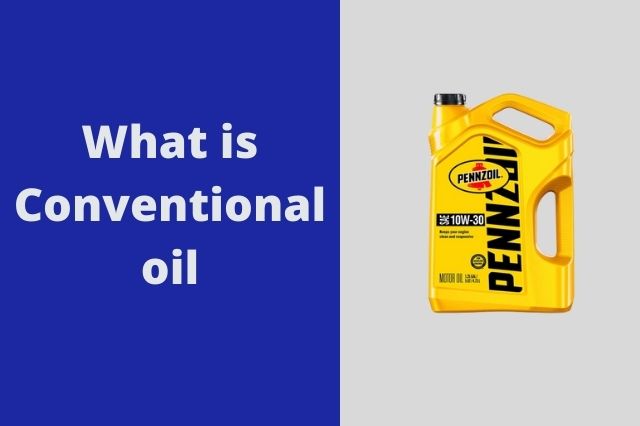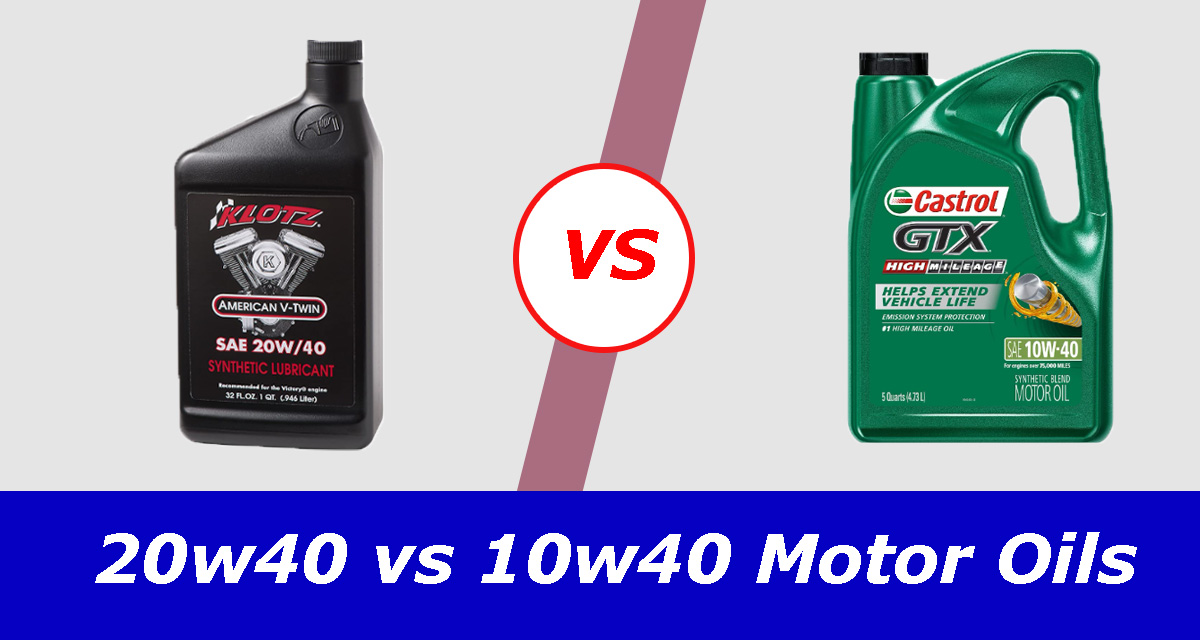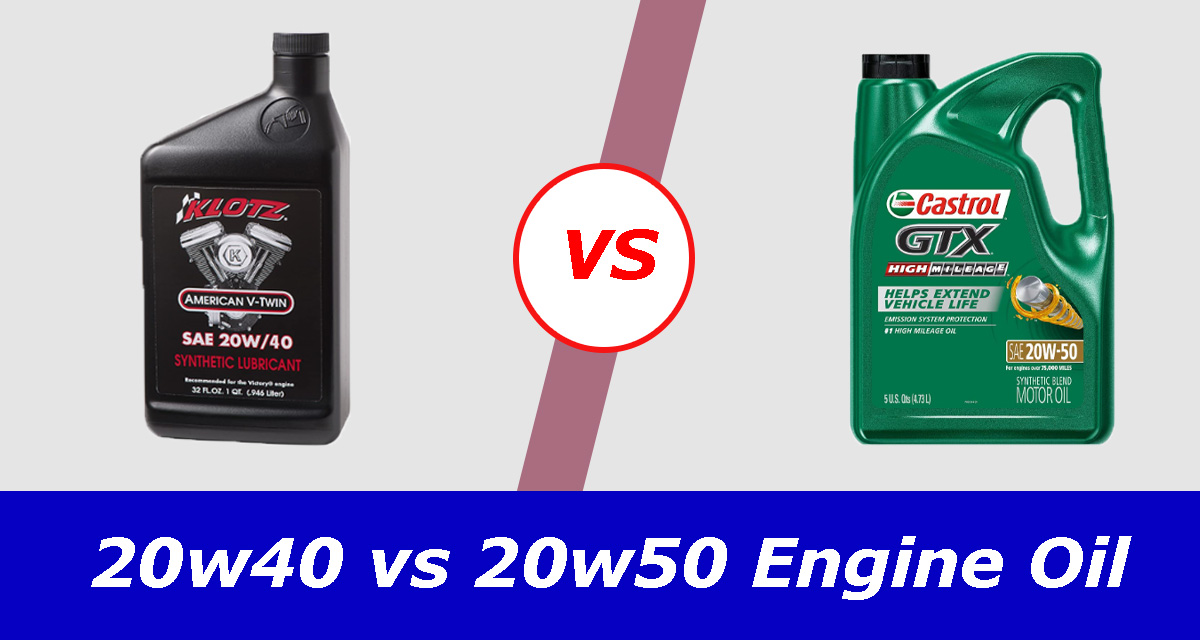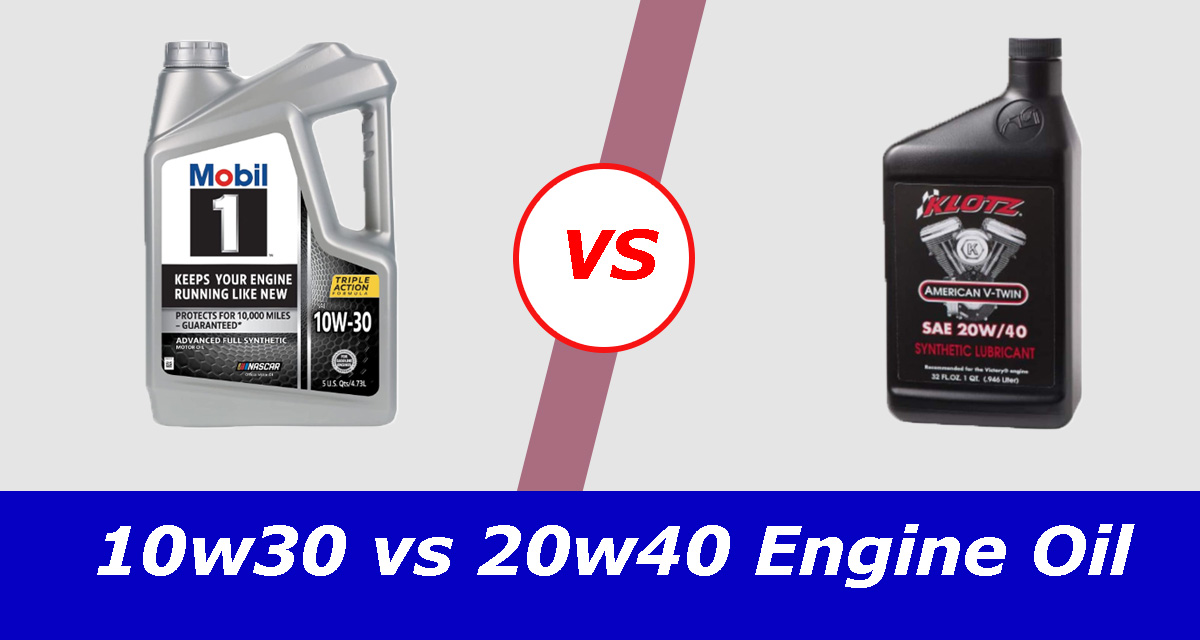While conventional oils predominated the drivers’ choice till 2018, the demand for synthetic oils has climbed up exponentially during the last few years. However, conventional oils have not just been extinct yet and almost one-fourth of all drivers prefer conventional oils when coming for service.
Now the question is, which of the oils is more appropriate for your car? Also, how do these oils affect the environment? Is synthetic oil better for the environment?
Well, with both of these oils having their pros and cons, it’s quite difficult to conclude which one is better than the other. In order to reach the right decision, you need to know these oils in more detail and compare the benefits and limitations they come with. Thus, you can decide for yourself which of them would be the right option to go for.
What is synthetic oil & What is it made of?

Synthetic oils combine artificial chemicals with crude oils to come up with a petroleum product that acts like conventional oil. Synthetic oils are the most appropriate engine fills for new cars and cars that do not have high mileage.
Wondering how these oils are made? Well, synthetic oils are made from chemically modified materials like petroleum components. However, the base material for synthetic oil is distilled crude oil. Indeed, synthetic oils can be represented as man-made lubricants, consisting of artificial chemical compounds!
There are mainly two different types of synthetic oils. One of them is a synthetic blend which is also known as semi-synthetic oil, and the other one is full synthetic oil.
The synthetic blend oil is mainly produced by the combination of synthetic and conventional oil. It works a lot like the conventional oils, but the synthetic addition offers even better protection for the vehicle engine.
Fully synthetic oils, on the other hand, use synthetic oils as a base and then add some chemicals to improve your engine’s efficiency. Such additives include polyalphaolefin, paraffinic oils, castor waxes, and more.
The fluids in a synthetic oil can be mixed in a number of different proportions, varying by the manufacturer’s preference. The different proportions result in different levels of protection and performance. However, most of the companies prefer to come up with an equal mix of additives, so that a balance between performance and protection can be ensured.
What is Conventional oil & What is it made of?

Conventional oils are made out of crude oils, where the oils are refined until they get the right properties necessary for lubricating your vehicle’s engine. This is actually quite a natural process rather than an artificial one, and so there are some natural inconsistencies in the oil’s structure at the molecular level.
To produce conventional oil, crude oil is collected from deep underground. Sometimes, it is also collected from plant and animal fossils. The oil mainly consists of hydrocarbons meaning carbon and hydrogen molecules. Also, you will find nitrogen, sulfur, and oxygen in the mix.
To make the crude oil ready to use, refineries heat it to different temperatures. The varying molecules break away from the crude oil because of the temperatures. Then, the fractionated hydrocarbons form the base for the products we use. Such products include gasoline, diesel fuel, kerosene, road tar, propane gas, motor oil, and more.
Conventional vs Synthetic oil: Which is the Best for Your Needs and Environment?
The “right oil” for a vehicle can be determined depending on the specifications of an engine, the vehicle’s age, and the mileage that has already been put on. However, in most cases, fully synthetic oils can address your vehicle’s needs better than conventional oils.
Now the question is, is synthetic oil better for the environment? Well, Environmentally as well, synthetic oils tend to be more sustainable compared to conventional oils. Synthetic oils minimize oil consumption and wastage, thus promoting environmental sustainability.
To get a better idea of why synthetic oils exceed conventional oils in terms of benefits and impacts, let’s have a look at the benefits, drawbacks, and environmental impacts of synthetic oils.
Benefits & Environmental Impact of Synthetic Oils
Better Engine Protection
Synthetic oils contain additives that ensure better protection against rusting and corrosion and thus protect engine wear. This is why synthetics are preferred for high-performance engines.
Cleans Sludge
When you use conventional oils, your engine accumulates sludge over time. The sludge degrades engine performance and reduces engine life. If you switch to full synthetics oil, it prevents deposits and cleans out the existing sludge.
Can Tolerate Extreme Temperature
Synthetic oils do not evaporate or break down at extreme temperatures. Even if the vehicle is exposed to the sun for a long time or the engine gets overworked, your vehicle can work great.
Environment Friendly
We have got to know about the benefits that synthetic oil offers. Now, it’s time to solve the query: Is synthetic oil better for the environment?
Synthetic oils are highly friendly to the atmosphere. It’s not like they are environment-friendly because they are made of green products, but the thing is you need to change synthetic oils less frequently compared to conventional motor oils. When you need to change less oil, it means you need to throw fewer products away.
While you need to change conventional oil for around every 3000 miles, synthetic oils can survive up to 10000 miles and more. Minimizing oil consumption, synthetic oils help you to save money and help the environment by reducing oil wastage.
Read More: Why is my car smoking after an oil change?
Disadvantages of Synthetic Oils
Costly
While the quality and mileage of synthetic oils is high, the cost of the oil is expensive too. The main reason behind the high price is the high production cost.
However, though the oil would cost you more, it will last longer too. By the time you will need to go for your first oil change, a vehicle using conventional oil might have gone through oil changes two or three times already.
Limits breaking in for the new vehicles’ parts
Newly bought vehicles need some friction to make the moving parts break in. Synthetic oils are not so friendly to this first step for new vehicles. As the oil is friction resistant, it cancels this required effect. Therefore, it is better not to use synthetic oils immediately for new cars. Starting with conventional oil and then shifting to a synthetic one can be a good decision.
Should You Use Synthetic Oil in Your Car?
Synthetic oil helps to keep a car engine free of sludge, protects the engine, and improves the car’s performance. Most importantly, it demands less oil changes and thus contributes to the betterment of the environment. Considering all these amazing benefits, it would be totally wise to use synthetic oil in a car.
However, synthetic oils limit breaking in for new vehicles, disallowing the fraction they need. Also, synthetic engine oil cleans out the deposit that old vehicles use as sealing in their oil system. So, in case of a new car or an old model dating back to 1990 or more, conventional oils can work better. For any other case, you can use synthetic oils without a doubt.
How Does Engine Oil Affect the Environment?
Used engine oil is insoluble and contains toxic materials as well as heavy metals. It degrades too slowly and works as a major cause of oil contamination. Contaminating waterways, engine oils can cause pollution to drinkable water resources.
To pacify this impact of oil pollution, the best option is to use synthetic oils. Saying that, the first thing to come to your mind is, is synthetic oil better for the environment?
Well, we have already discussed it before. As you need to change synthetic oil less frequently, you need to throw away less used oil. As a result, less used oil is exposed to nature and less pollution takes place.
FAQ
Can you switch oil types?
It is perfectly okay to switch between synthetic and conventional oils. Both of the oil types are highly compatible with each other, and they do not require any engine flush. Simply switching the oils thereby does not cause any major damage to the engine.
Is synthetic oil more expensive?
Synthetic oils are a bit more pricey compared to conventional oils, but the protection they provide to the engine is superior too. Also, by the time you need to do an oil change for synthetic oil, you will need to go through 2 or 3 oil changes for conventional oil. Considering that, the cost-effectivity of the two oils can be marked to be quite similar.
Can you mix synthetic and conventional oil?
You can mix synthetic and conventional oil without any danger. However, it will downgrade the synthetic oil’s performance and reduce its benefits.
The Final Verdict
Synthetic oils have brought a revolution in the motor oil industry by creating a new standard of engine protection, superior performance, and environmental sustainability. Though a number of people still prefer conventional oils, synthetic oil does a much better job to take care of your engine.
However, before reaching any final conclusion, you should go through our conventional vs synthetic oil article in detail. Considering all the features, benefits, and shortcomings, you should come up with a better buying decision for your car.




